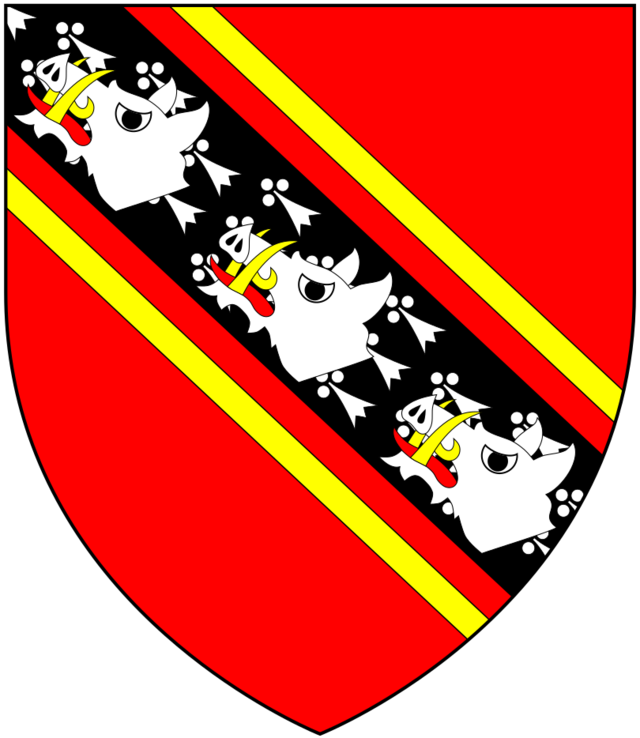Loading AI tools
British nobleman and politician From Wikipedia, the free encyclopedia
Richard Edgcumbe, 2nd Baron Edgcumbe PC (2 August 1716 – 10 May 1761) was a British nobleman and politician.
This article relies largely or entirely on a single source. (July 2024) |
Richard Edgcumbe, 2nd Baron Edgcumbe | |
|---|---|
 Richard, 2nd Baron Edgcumbe, by Joshua Reynolds | |
| Lord Lieutenant of Cornwall | |
| In office 1759-1761 | |
| Comptroller of the Household | |
| In office 1756-1761 | |
| Member of Parliament for Penryn | |
| In office 1754-1758 | |
| Member of Parliament for Lostwithiel | |
| In office 1747-1754 | |
| Member of Parliament for Plympton Erle | |
| In office 1742-1747 | |
| Personal details | |
| Born | 2 August 1716 |
| Died | 10 May 1761 (aged 44) |
| Parent |
|
| Relatives | George Edgcumbe (brother) Richard Edgcumbe (nephew) |

The eldest surviving son of Richard Edgcumbe, 1st Baron Edgcumbe and his wife Matilda Furnese, he was educated at Eton from 1725 to 1732. Through his father's interest in Devon and Cornwall, he was returned as Member of Parliament for Plympton Erle at a by-election in 1742 as a Government supporter.[1]
Edgcumbe was a heavy gambler, losing "daily twenty guineas" at White's. He was given a secret service pension of £500 a year by Henry Pelham to provide for him. Meanwhile, he was made a capital burgess of Lostwithiel in 1743 and served as mayor the next year. He switched his seat to Lostwithiel in 1747. Dissatisfied with subsisting on Government charity, he unsuccessfully made an application to Pelham for employment, rather than a pension, in 1752. He was eventually made a Lord of Trade in 1754, when he was returned for Penryn and the next year, a Lord of the Admiralty instead, serving for a year. In 1756, he was appointed Comptroller of the Household and was again mayor of Lostwithiel, being appointed to the Privy Council on 19 November. Succeeding his father in 1758, he was appointed Lord Lieutenant of Cornwall in 1759 and recorder of Plympton Erle. He died childless in 1761 and was succeeded by his brother.[1]
Seamless Wikipedia browsing. On steroids.
Every time you click a link to Wikipedia, Wiktionary or Wikiquote in your browser's search results, it will show the modern Wikiwand interface.
Wikiwand extension is a five stars, simple, with minimum permission required to keep your browsing private, safe and transparent.